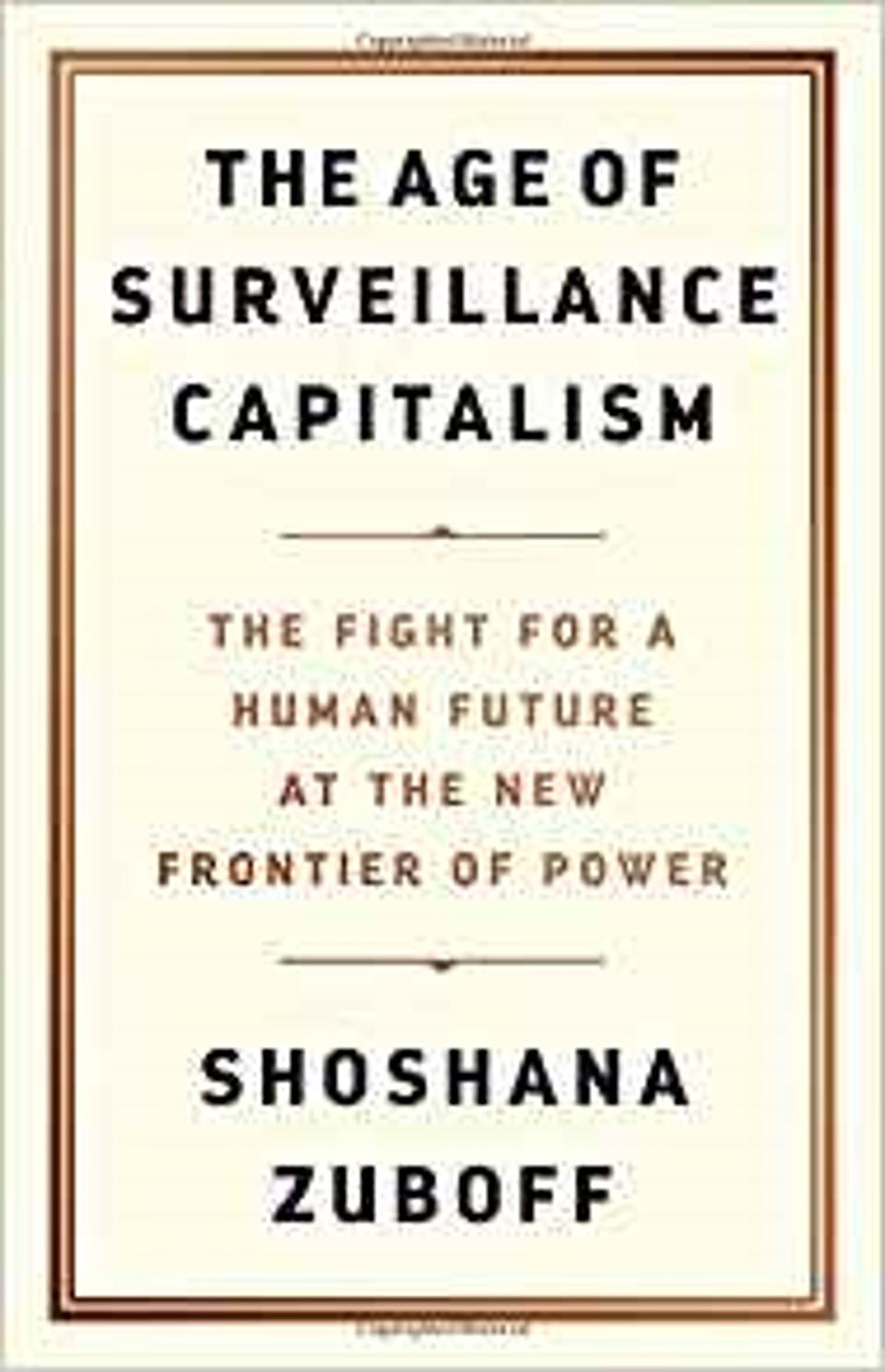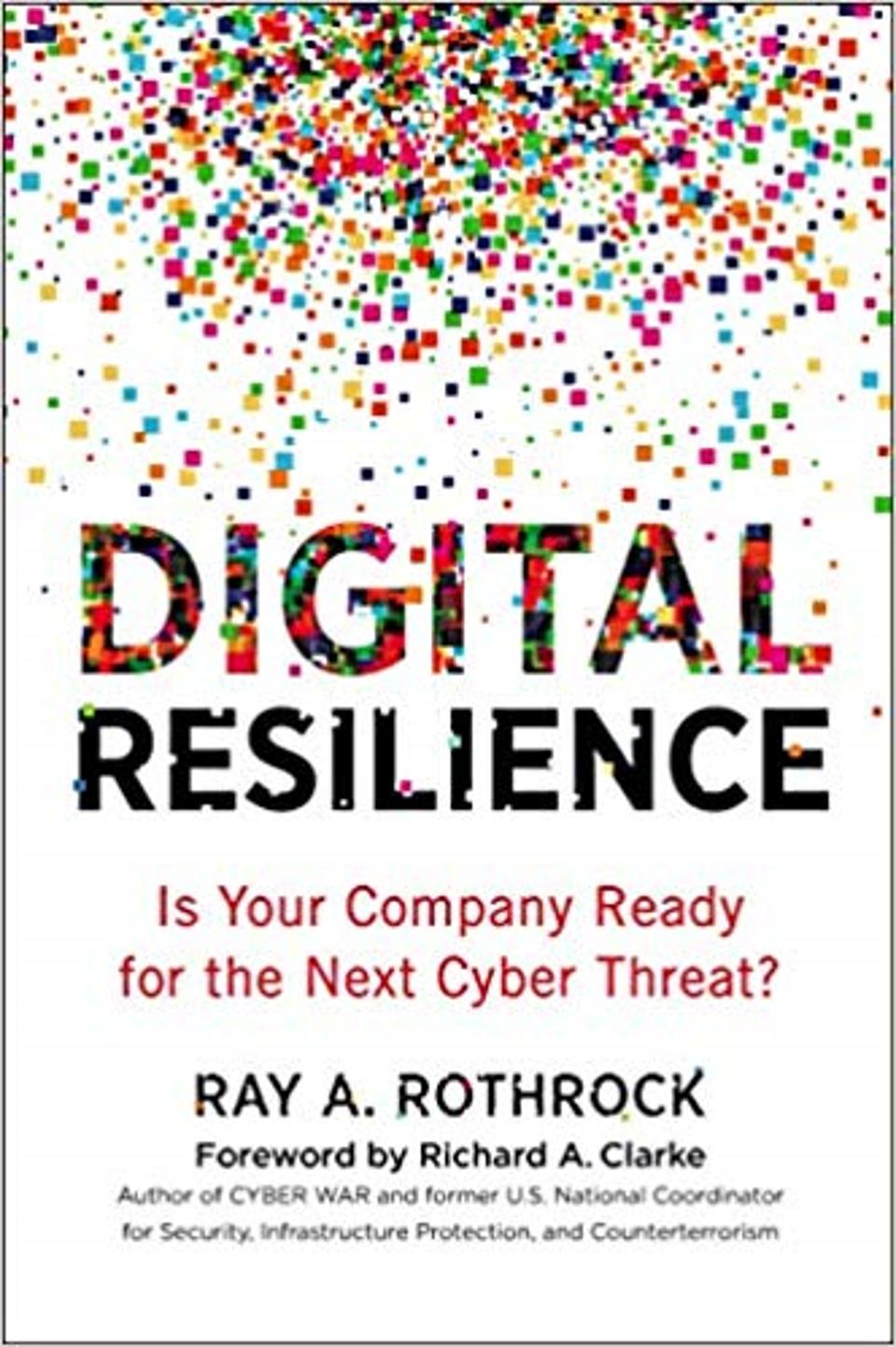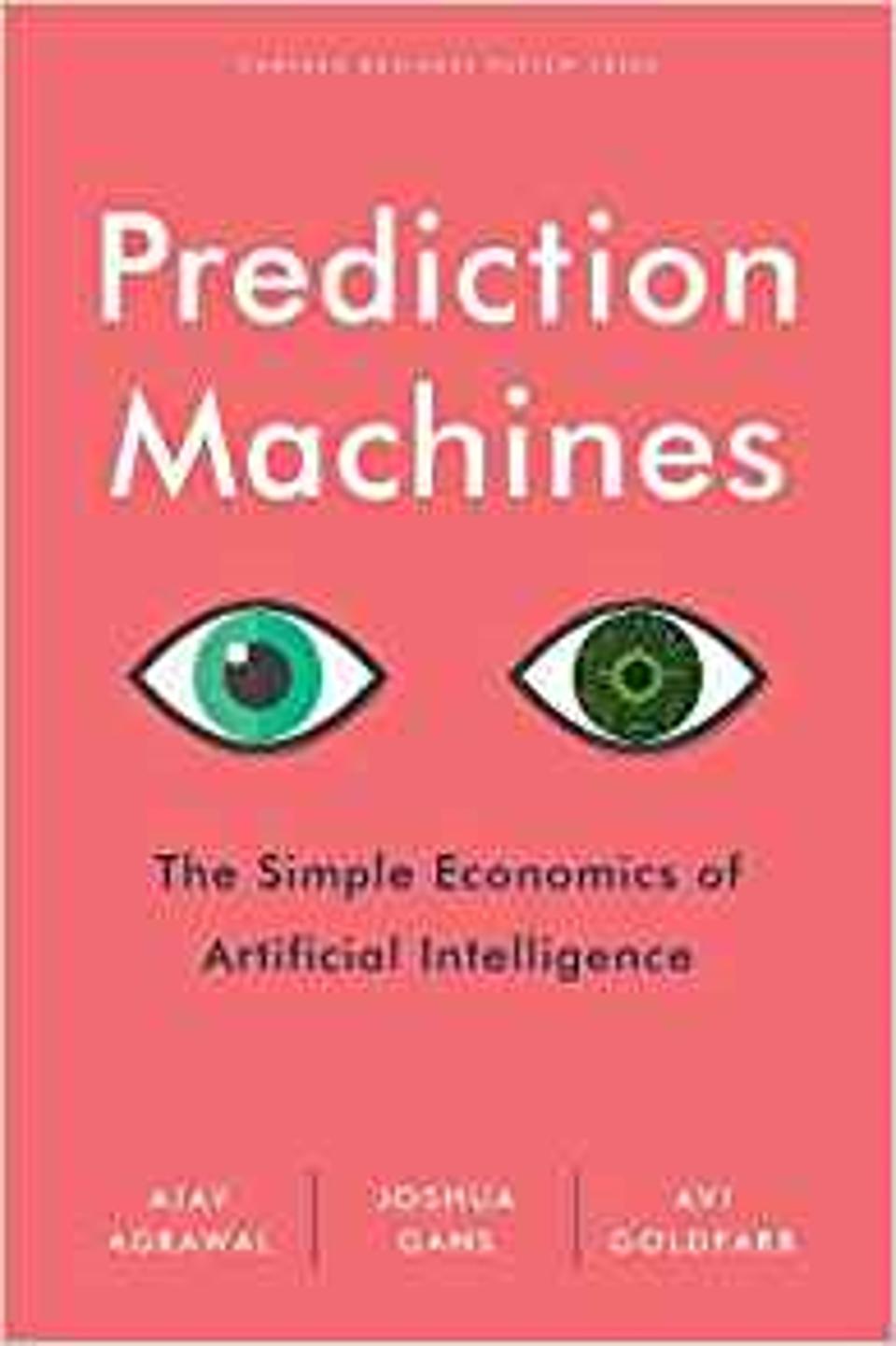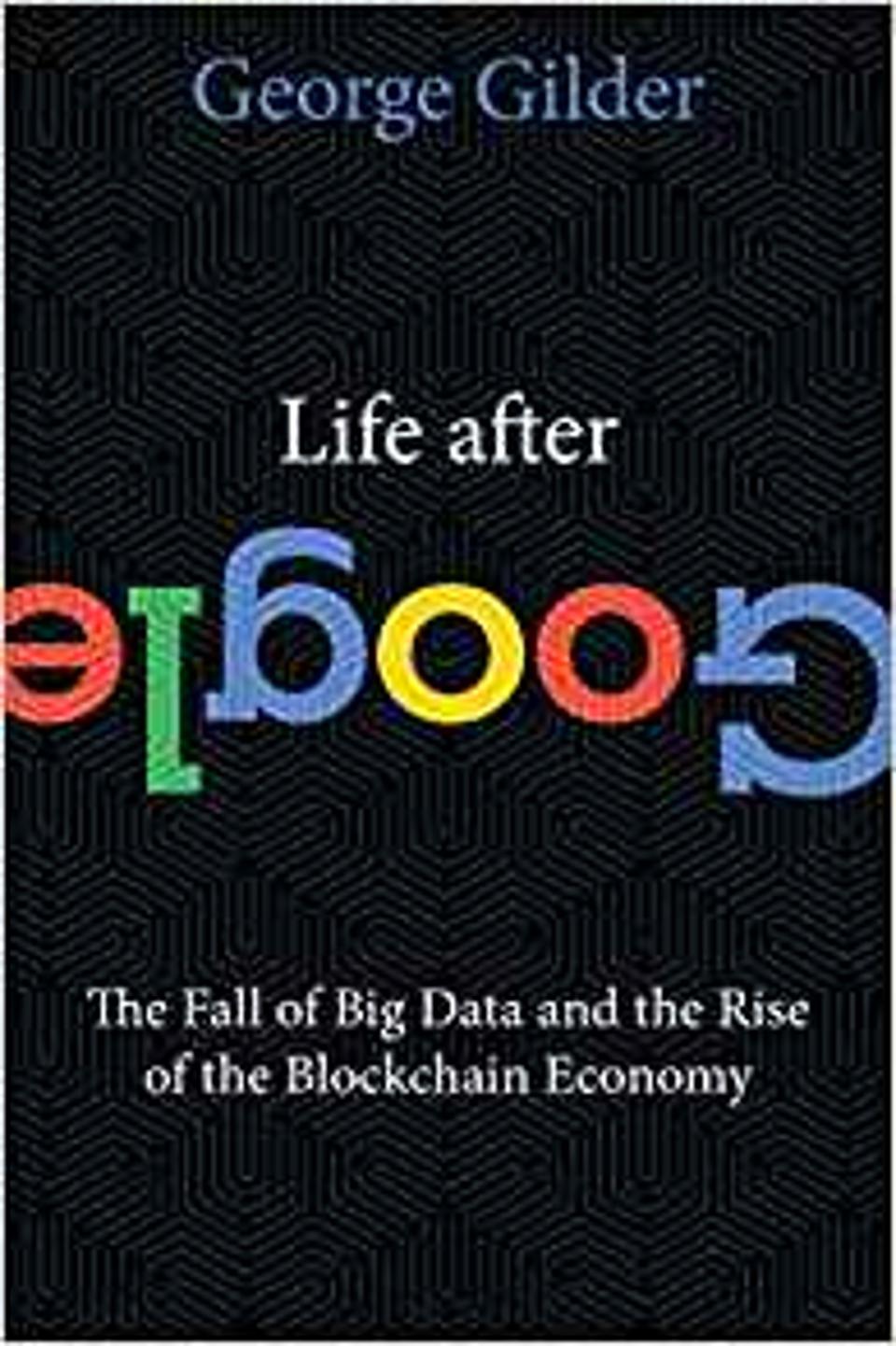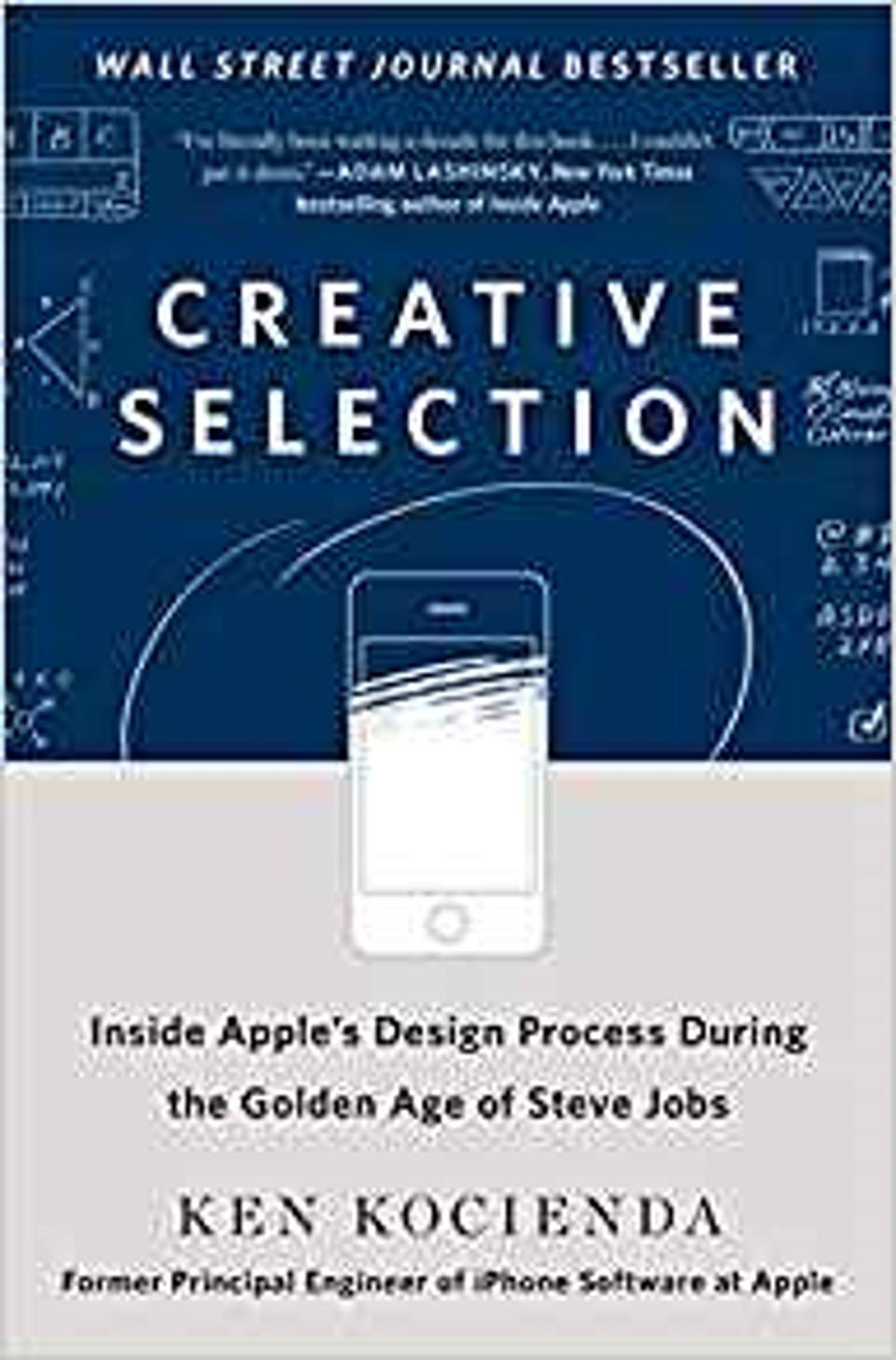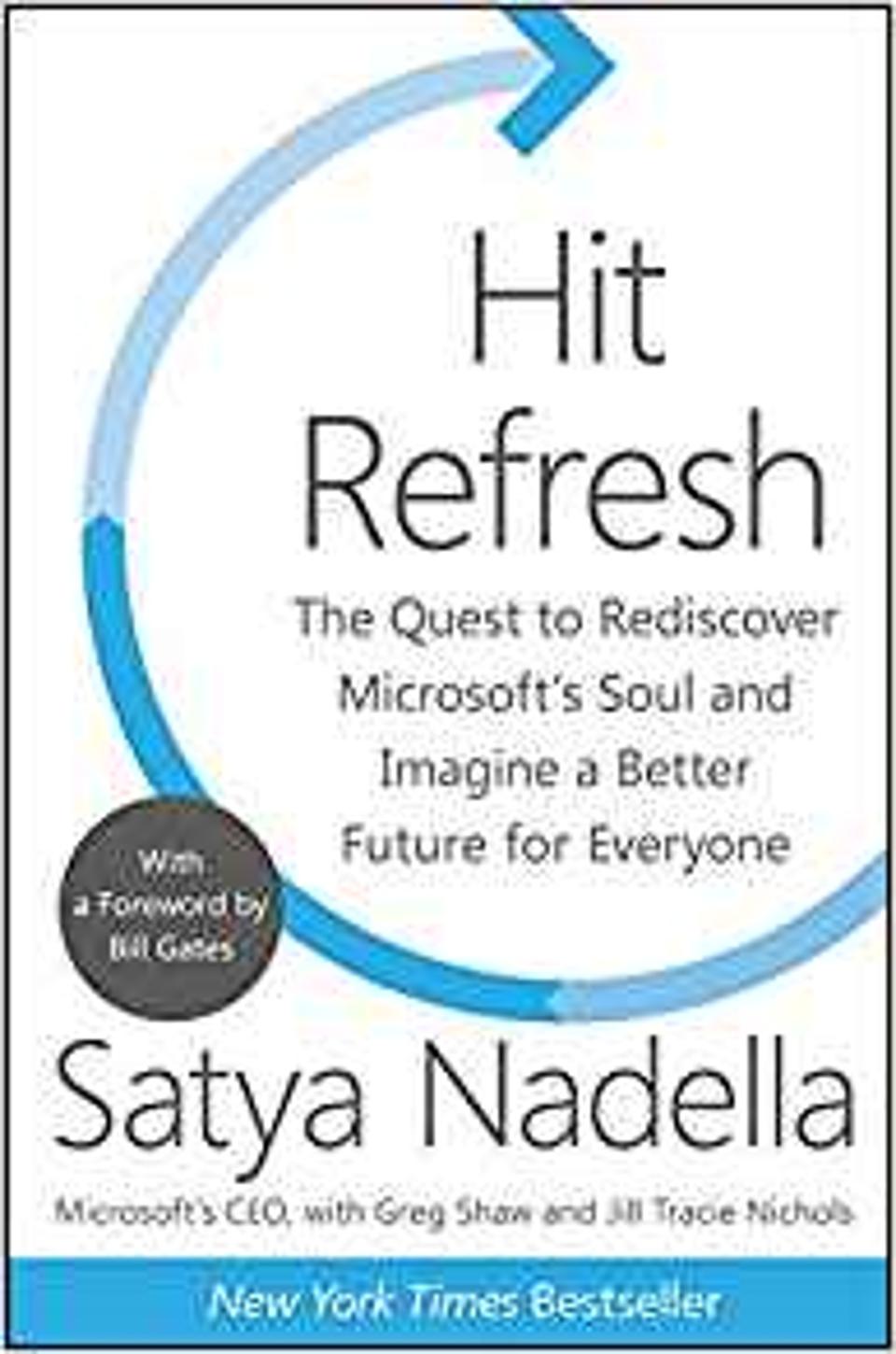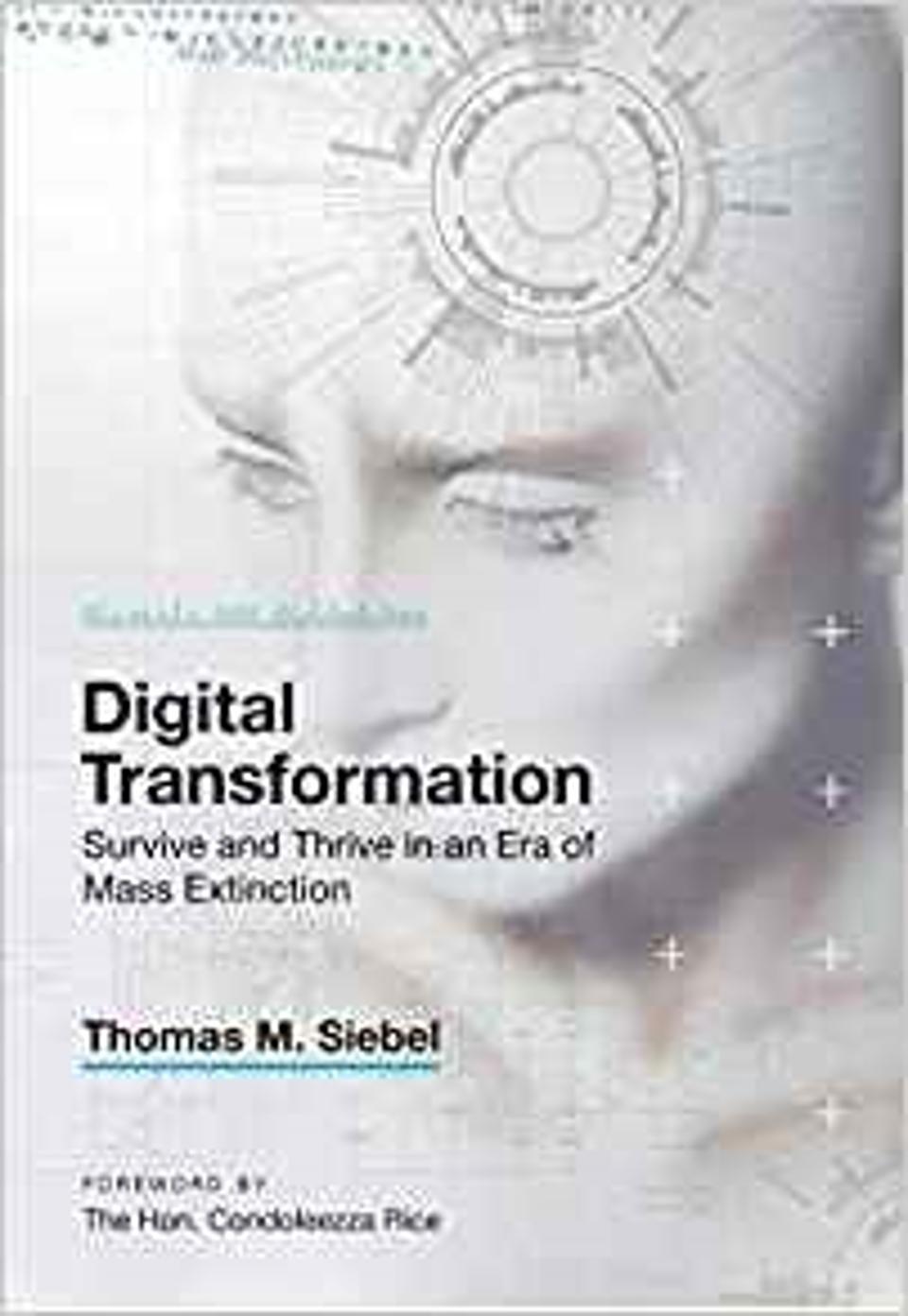7 Technology Books Every Entrepreneur Should Read – Forbes
This story was written in collaboration withForbes Finds. Forbes Finds covers products and experiences we think you’ll love. Featured products are independently selected and linked to for your convenience. If you buy something using a link on this page, Forbes may receive a small share of that sale.

null
Getty
Marc Andreessen’s call that “software is eating the world” has proven quite prescient. Whether you’re the founder of a unicorn tech startup, a local small business, or a social media influencer, nowadays, it seems that just about every business needs a tech strategy. Yet keeping up with the latest developments is not easy. Even tech pros have problems.
“We live in a world that’s always changing, especially in tech,” said Amir Salihefendic, CEO and Founder of Doist, a developer of workplace apps. “The only way to keep up is to continuously learn and always push yourself to the limits of your ability. All of the smart and successful people I have met are avid readers. Reading is one of the best investments that I make in myself as a founder.”
But hey, there are tons of books on the market. So which ones to focus on? Let’s take a look at seven standouts:
The Age of Surveillance Capitalism: The Fight for a Human Future at the New Frontier of Power
The Age Of Surveillance Capitalism
PublicAffairs
The author, Shoshana Zuboff, takes an in-depth look at the consequences of mega corporations that are changing the way people behave and think. One software developer interviewed in the book says: “We can know if you shouldn’t be driving, and we can just shut your car down…we tell the TV to shut off and make you get some sleep, or the chair to start shaking because you shouldn’t be sitting so long.’” Alex Beene, a tech coordinator at the Tennessee Dept of Labor, says while these advances benefit people, we should reassess this rapid progress, then take time out to question whether and how each device compromises our privacy.
Digital Resilience: Is Your Company Ready for the Next Cyber Threat?
Digital Resilience
AMACOM
Malware, ransomeware, phishing attacks, viruses…are just some of the cyberthreats facing society. And they are getting more destructive.
What to do? Well, Ray Rothrock–who is a venture capitalist and is on the board of Check Point Software–has some solid answers. In his book, he goes over key areas like assessing networks, identifying threats and how to spruce up defenses. He also stresses that security can never be 100% but there are still actions to take that will greatly increase the odds of avoiding a hack.
Prediction Machines: The Simple Economics of Artificial Intelligence
Prediction Machines
HBR Press
Artificial Intelligence (AI) is one of the most important trends in technology. But it can be a complicated subject, with esoteric algorithms and mathematics. But Prediction Machines: The Simple Economics of Artificial Intelligence is a good way to get an understanding of this field. “I highly recommend this book to my undergraduate business students,” said Debika Sihi, associate professor of business at Southwestern University. “It offers tangible examples of how AI has disrupted and evolved, often simultaneously, different industry sectors.”
Life After Google: The Fall of Big Data and the Rise of the Blockchain Economy
Life After Google
Gateway Editions
For the past four decades, George Gilder has written about the future of technology. As for his latest book, he has some interesting conclusions–that is, today’s tech giants like Google and Facebook may already be outmoded.
Then what comes next? According to Gilder, the virtual world will become much more decentralized and the driving force will be blockchain/crypto technologies, which he calls the cryptocosm. The result will be a much more secure and efficient network.
Creative Selection: Inside Apple’s Design Process During the Golden Age of Steve Jobs
Creative Selection
St. Martin’s Press
Ken Kocienda worked as a software engineer at Apple for 15 years, where he helped develop the Safari browser, iPhone, iPad and Watch. The good news is that he has written up his stories and lessons in a book, called Creative Selection. “I particularly liked the approach on the development of the first iPhone,” said J Scott Christianson, professor of management at the Trulaske College of Business, where he focuses on the impact of technology on society and human well-being. “A previous Apple product, the Newton, failed largely due to its problems with the keyboard and data entry. The iterative process that Apple used to get the best design for the product was fascinating and shows the value of agile processes for product development.”
Hit Refresh: The Quest to Rediscover Microsoft’s Soul and Imagine a Better Future for Everyone
Hit Refresh
HarperBusiness
When Satya Nadella took the helm at Microsoft in early 2014, the company was in a funk. But he took swift action to rejuvenate things, such as with an aggressive move into the cloud as well as savvy acquisitions (LinkedIn and GitHub). Nadella has written a book on his moves, which has a major focus on culture. “Nadella brought in a new vision, execution plan, and team to transform the business,” said Sumit Dhawan, who is the CEO of Instart (a cybersecurity company). “But he didn’t stop there. He and his team also reinvented the structure of Microsoft to promote continual renewal.”
Digital Transformation: Survive and Thrive in an Era of Mass Extinction
Digital Transformation
RosettaBooks
Tom Siebel has a knack for capitalizing on the next big thing in tech. During the 1980s, he joined Oracle when the company was pioneering the relational database market. Then in 1993 he started Siebel Systems, which rode the Internet wave. As for his latest venture, it is C3.ai, which is focused on AI and the Internet of Things. And if you want a good idea about the vision for the company, then check out his book, Digital Transformation. His main thesis is that companies will either adopt new technologies or die. Siebel backs up this with a look at the major trends in technologies as well as compelling case studies from companies like Royal Dutch Shell, Caterpillar and 3M.
I also recently wrote a review of Tom’s book for Forbes.com.
Tom (@ttaulli) is the author of the book, Artificial Intelligence Basics: A Non-Technical Introduction.

